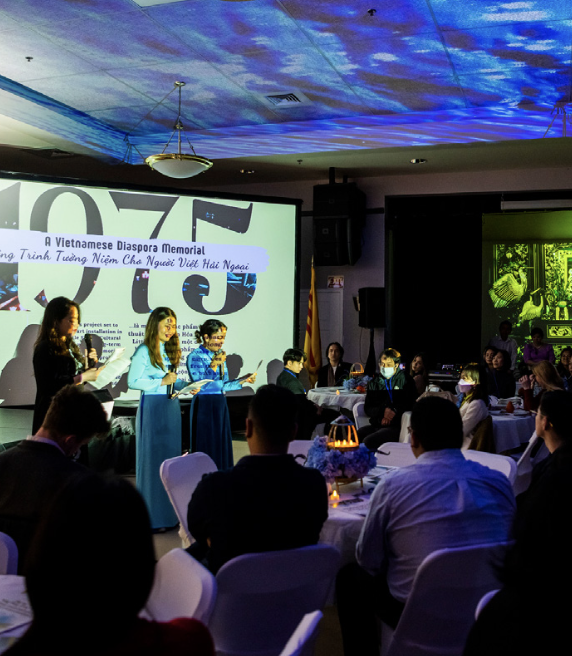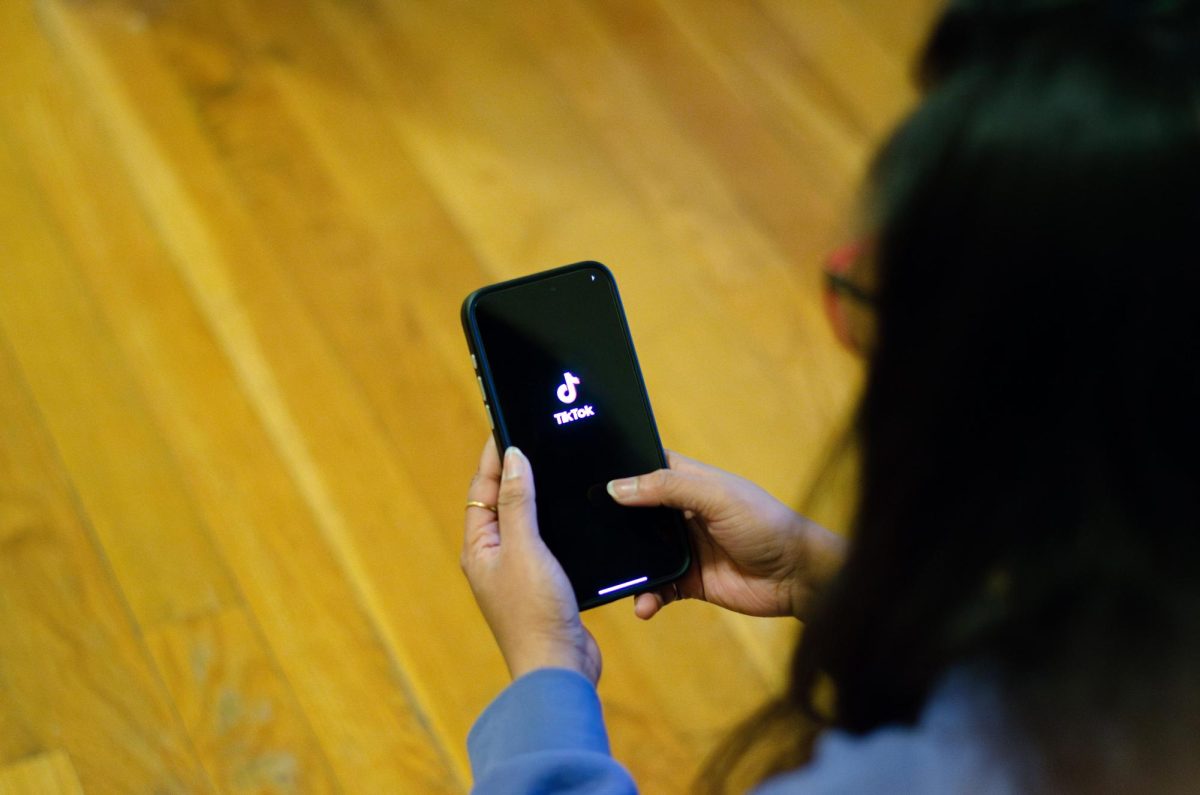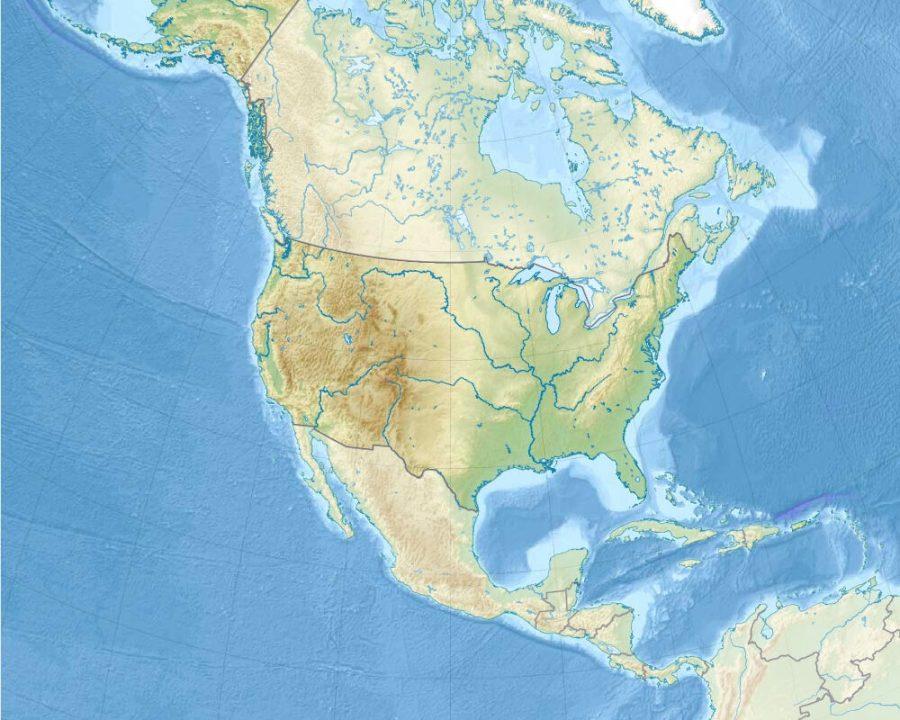The University of Massachusetts Investment Committee decided to divest, to withdraw funds, more than half a million dollars from companies operating in the Sudan in response to the ongoing, and escalating, civil war in that nation’s western Darfur region. Since the Mass Media covered this issue in the Fall, (“How Long Will We Continue to Turn Away From the Real-Life Horror in Darfur?” “UMB Club Raises Awareness of Crisis”, 10/30/06) and since then-Secretary of State Colin Powell declared it “a genocide” in 2004, the humanitarian crisis in East Africa has continued to spread, and is now threatening neighboring countries.
While the Investment Committee’s decision is surely to be applauded, one must ask: What took so long? While certainly it is not economically feasible to disengage from every nation where human rights abuses take place- what about Colombia? China? And when is a government bad enough to visit punitive measures on its corporate interests?- the bloodshed in Darfur is widely known and especially vicious. Harvard University divested from Sinopec Corp., a Chinese oil producer active in the region, in early 2006.
What led Harvard to their decision? Student pressure. Likewise, on campus at Umass Boston we have the Non-Aligned Club to help raise awareness of the issue with United Massive Action to Save the Sudanese of Darfur. American citizens may not be able to commit themselves physically to stopping the violence, but our institutions can still harm the Sudanese killers financially.
If this seems like small beer compared to the real tragedies and outrages currently being committed, we must also exert pressure on our own government by way of public action and by letting our congressmen know that the genocide must be halted. The war in Iraq has been justified as a humanitarian mission with the ouster of Saddam; why are the janjaweed militia fighters being allowed to exterminate western tribal members with the full support of the Sudanese government? President Clinton deployed troops to a similar situation to stop a civil war in Bosnia and was successful. Not a single American combat casualty, and the region is now at peace. Our current President knows of this situation, so why is it being allowed to continue?
While admittedly interventionism is a foreign policy model with a dodgy history (see the U.N.’s Congolese debacle in the Katanga region in the 1960’s for an example of do-gooderism gone bad) there is also an imperative to stop genocide that reaches beyond national interest, a time when bloodshed becomes a matter of global interest, of basic human interest, and now is one of those times. We applaud the actions of the University in withdrawing funds from the Sudan, but we also know that it isn’t enough. History is red with bloody regimes, of Pol Pot and Idi Amin and Mubutu, bloody dictators raping and rampaging their lands, polluting the air with the sick stench of carnage, and when this happens good people must wonder: And us?
None of us can single-handedly bring peace to east Africa. Our University can’t by divesting. But collectively, through our government, we can. It’s a matter of making enough noise, so that people will listen.


















































